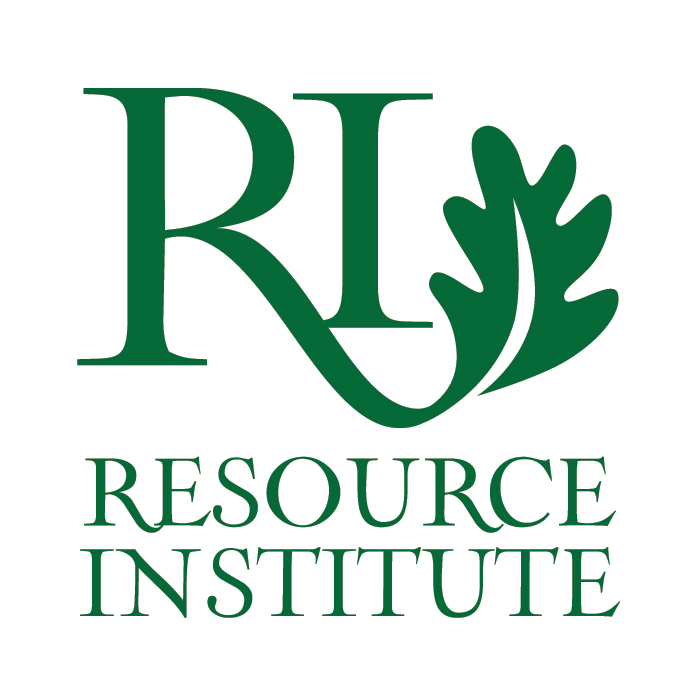October 6, 2017
Ruby Red-throated hummingbirds are among the pollinators traveling through North Carolina during the fall in need of pollinating plants to help them survive their journey south. (Evangelio Gonzalez/Flickr)
October 6, 2017
NEBO, N.C. – Cooler temperatures and changing leaves in North Carolina can make it easy to forget that there's still some wildlife depending on the plants in yards and gardens. You might say some pollinators - like hummingbirds and Monarch butterflies - are getting by on "a wing and a prayer" as they use North Carolina as a pitstop on their migration south to warmer temperatures for the winter.
Park ranger Jamie Cameron, at Lake James State Park, says he looks for plants that bloom in the fall to ensure there's pollen available.
"This time of year, I believe that your pollinator gardens serve as a critical pitstop for certain critters, and I specifically try to select for sources of pollen that will come late in the season," he says.
He recommends Culver's root and asters as good, late-season pollinators to plant. He also trims some pollinating plants back earlier in the season, to delay their maturity and make their pollen available in early fall. Cameron adds that making sure streams and waterways have healthy vegetation serves a dual purpose - maintaining water quality, and providing pollen sources for birds and insects.
Resource Institute is a nonprofit agency that pairs public dollars with local water-management needs. Alan Walker works for RI as a field consultant and says creating robust habitats for pollinators is also good for many other wildlife species.
"It's important that they have critical habitat to feed on to make those things happen, and what Resource Institute does is incorporate those plantings and seed mixtures into the stream bank and shoreline stabilization projects, to create additional habitat for pollinators," he explains.
Cameron says while creating pollinator gardens is important, it's equally important to remember why they're needed now, more than ever.
"Pollinator gardens are great, but you know, we're just trying to recreate what is naturally available," Cameron adds. "The reason that we need pollinator gardens is because so much habitat has been lost, either through development or agriculture, or the use of herbicides in modern culture."
In addition to planting gardens, he advises people to curb the use of herbicides and to use native plants in their gardens to support insects and birds that may be struggling to find food.
Stephanie Carson, Public News Service - NC
From Public News Service - NC: http://www.publicnewsservice.org/2017-10-06/environment/nc-a-pitstop-for-pollinators-in-the-fall/a59705-1

